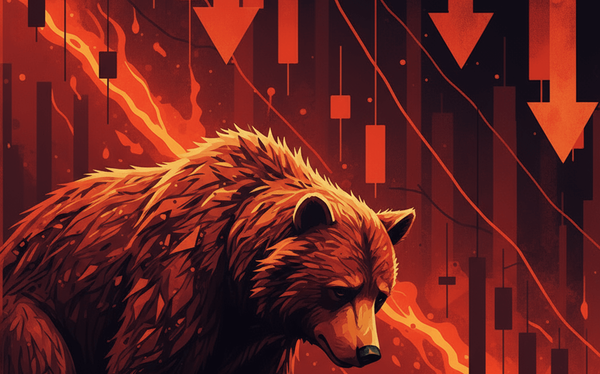Using Ai in stock trading
Every trader dreams of spotting moves before they happen. With AI, that’s no longer a dream; it’s the strategy. See how AI is powering smarter trades today.

Technology has always shaped how markets are traded. But now, Artificial Intelligence is changing the game altogether. Instead of just relying on human instinct or hours of manual analysis, AI gives traders an edge by crunching data, spotting hidden trends, and predicting patterns faster than ever before.
AI is reshaping stock trading in significant ways. Instead of depending on slow, manual methods and unpredictable approaches, you can now access real-time market data to spot trends quickly and make informed decisions faster. AI processes vast amounts of information in seconds, delivering insights that would be difficult to obtain manually. This helps you stay ahead of the market, making smarter and more strategic trades.
Let’s explore effective trading strategies with Artificial Intelligence and discuss practical ways to use AI in stock trading in today’s market.
AI Trading strategies fairly known
One should understand the most effective strategies to successfully employ AI in stock trading. AI trading strategies are built on an algorithm that analyses the market conditions to find a pattern and automates trade decision-making. Here are some of the strategies that should be considered:
1. Algorithmic Trading
Algorithmic trading follows rules that decide when to buy or sell stocks. The system uses set conditions, like price or timing, to automatically make trades. Having rules to trade means you can react quickly without using your manual processes for entering trades, which may be essential in fast-moving or volatile markets.
2. Quantitative Analysis
Quantitative analysis is all about numbers. AI works with vast amounts of data, such as stock prices and company profits, to discover underlying trends. By examining trends in the data, AI can assist in identifying opportunities that may be too complex or time-consuming for humans to notice.
3. Machine Learning
Machine learning means an AI can learn from previously collected data to inform future decisions better. The AI doesn't only follow rules; it also modifies its strategies according to what actions have succeeded in the past. As a result, the AI's predictions get very accurate over time, thus enabling you to trade better.
4. Sentiment Analysis
Sentiment Analysis tries to find people's feelings about a particular stock or market through news, social media, and financial reports. AI can decipher it, which helps you predict the probable future behaviour of the market based on people's moods, whether positive or negative. This is useful for staying ahead of market shifts.
These strategies allow AI to trade faster, smarter, and more efficiently than traditional methods.
How to use AI for stock trading?
How Artificial Intelligence transforms stock trading is not as complicated as it may seem. These days, many platforms offer AI-powered tools that make it much easier to trade. They help automate the process, manage risks more effectively, and provide smart predictions based on data.
- Choose an AI Trading Platform: Pick a platform with AI tools. Look for features like automated trading, real-time data analysis, and decision-making support to help you trade smarter.
- Set Your Trading Goals: Whether you’re into stocks, options, or commodity, set clear goals. AI will help by analysing the market and suggesting strategies that match your preferences.
- Use AI for Market Analysis: AI scans the market for trends, providing data-backed insights rather than relying on gut feeling. It shows you where to spot opportunities and cautions you about inherent dangers.
- Monitor and Adjust: Even though AI can do much for you, checking in regularly is essential. Adjust your strategies when necessary and ensure everything’s on track.
Risk management with AI
One of the most significant advantages of AI to stock trading is its risk management ability. In contrast to conventional trading, where movements and tendencies within the market motivate many impulsive decisions, AI removes the risk factor because it is merely data-driven. Here’s how it can support better risk management in trading:
Why AI in trading can’t be ignored anymore
The future of AI in stock trading is promising and full of potential. AI advances along with technology, so improvements in precision predictions and strategies will continue. Shortly, one can expect an AI to play an even greater role in how trades are executed for faster and more efficient trading. It will assist traders in analysing the markets even more effectively, offering them real-time insights and optimising their strategies.
Investment in AI tools for your trading is the future. The faster you adapt to the technology, the better chances you will give yourself to fight the market movement when trading smartly and with minimum risk. AI can improve trading ability while making strategies highly flexible to change.




